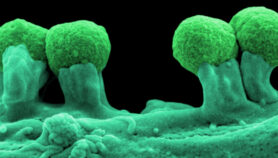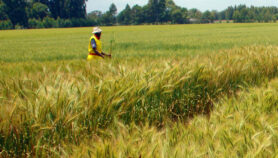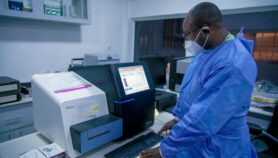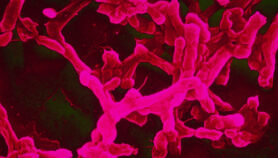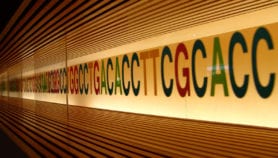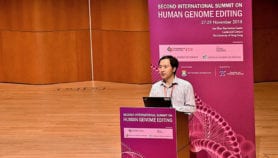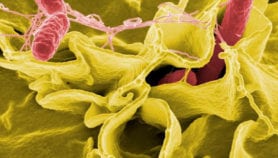Send to a friend
The details you provide on this page will not be used to send unsolicited email, and will not be sold to a 3rd party. See privacy policy.
Antimicrobial resistance is a major threat to human health as it is reducing the effectiveness of antibiotics used to treat bacterial infections such as pneumonia or tuberculosis.
Last week, a panel of scientists discussed the issue in a meeting at the Royal Society in London, United Kingdom. Julian Parkhill, who researches pathogens at the University of Cambridge, United Kingdom, talked about how genetics offers opportunities to tackle antimicrobial resistance.
He said that by decoding the genomes of a large number of bacteria, scientists will be able to understand how common pathogens respond to antibiotics and what genetic changes drive them to become resistant. They can therefore predict how resistance will develop and design strategies that could save millions of people, particularly in vulnerable areas such as developing countries, where healthcare infrastructure is more basic.



